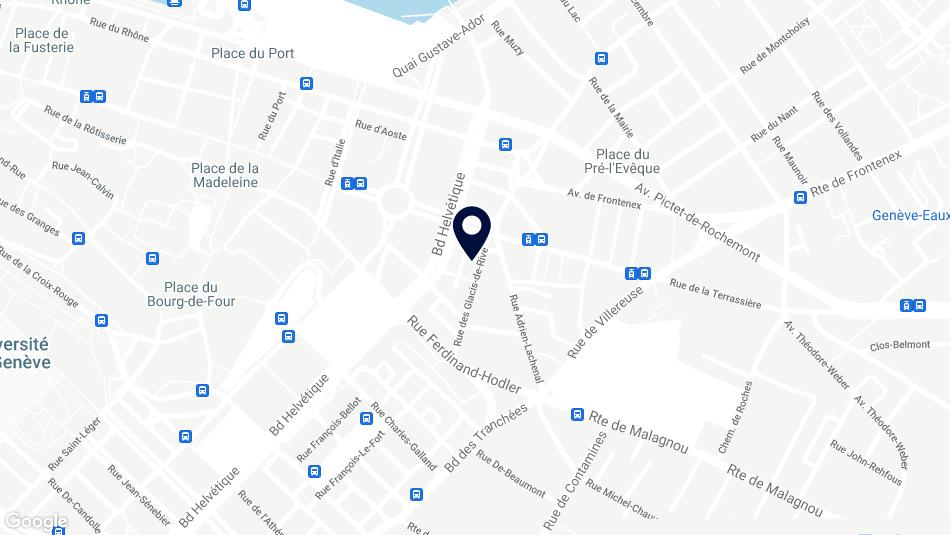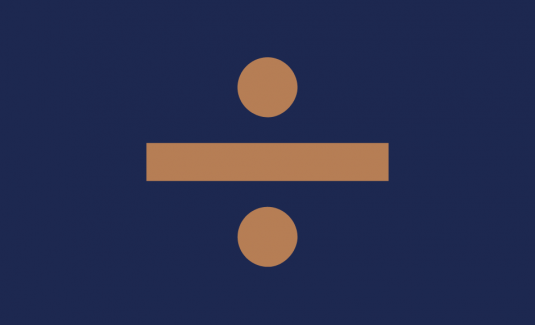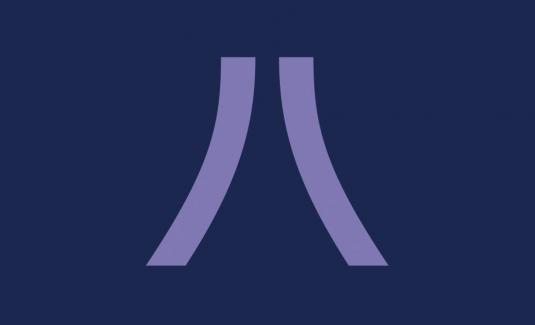Description of parental rights
Parental responsibility is the duty and right of parents to make important decisions for their minor child (place of residence, education, health, religion, administration of his/her property, etc.) and to ensure his/her representation to third parties.
Joint parental responsibility is considered by Swiss law to be in the best interest of the child. It is therefore the latter that will be favoured, except in cases where the protection of the child's interests requires otherwise.
If you are married, you automatically have joint parental responsibility with the other parent.
However, if you are not married, your child is subject to the exclusive parental responsibility of his mother. The other parent must then undertake proceedings to exercise joint parental responsibility.
The proceedings to undertake to change who has parental responsibility, depending on your situation, are available here.
Custody is the right to live with your child and your duty to provide an environment and living space that is conducive to his/her proper daily development. To be granted the child’s custody, you must have parental responsibility.
The parents who both have parental responsibility must agree and determine the allocation of custody (residence with one parent or with both parents on an alternating basis). Their agreement does not need to be submitted to the court.
The proceedings to undertake to fix or change custody, depending on your situation, are available here.
Contact is the right and duty of the non-custodial parent to maintain regular personal contact with his/her child, in order to promote the proper development of his/her identity and personality (visits, messages, calls, video chats, vacations, etc.).
The parents must agree to and define the terms of the personal relationship.
It is also possible, in exceptional situations, to grant visitation rights to third parties (grandparents, godparents, etc.).
The proceedings to undertake to fix or change contact modalities, depending on your situation, are available here.
Maintenance contribution is the duty of the parents to provide for the financial needs of the child until he/she reaches the age of majority or the end of his/her education. It covers everything necessary for the child's physical, intellectual and social development (meals, housing, clothing, care, health, activities, education, pocket money, etc.).
Each parent is obliged to contribute to the maintenance of his/her child, whether or not he/she exercises parental responsibility, custody, and whether or not he/she has personal contact with the child.
The maintenance contributions must correspond to the needs of the child and the resources of both parents.
The proceedings to undertake to fix or change the maintenance contribution, depending on your situation, are available here.





